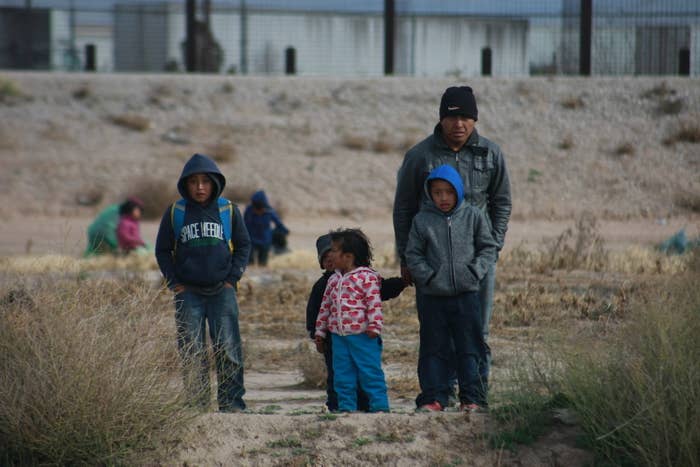
Homeland Security Secretary Kirstjen Nielsen on Wednesday announced more rigorous medical checks for immigrant detainees after a second child died while in custody, and she blamed an increase in families illegally crossing the US–Mexico border for pushing the system "to a breaking point."
The most recent death occurred on Christmas Eve when an 8-year-old boy from Guatemala was pronounced dead at the Gerald Champion Regional Medical Center in Alamogordo, New Mexico, after exhibiting flulike symptoms. Just weeks earlier, a 7-year-old girl died hours after she and her father were taken into custody in New Mexico after crossing the border.
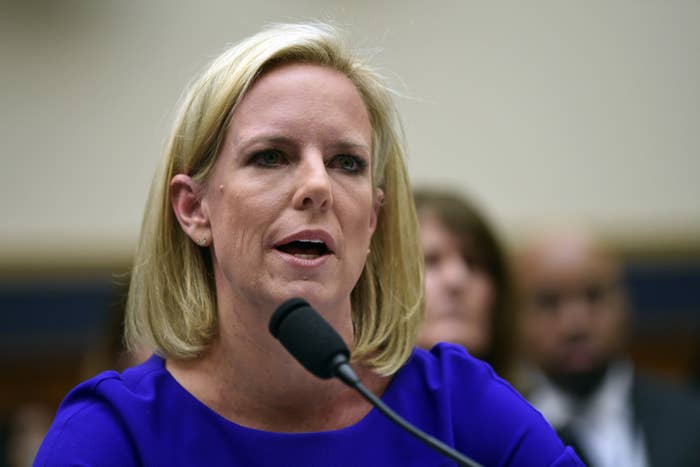
As a result, Nielsen said in a statement that US Customs and Border Protection will be more aggressively checking and treating children soon after they are processed for detention. All children currently in custody will also be getting secondary checks.
A DHS official familiar with the plans told BuzzFeed News emergency medical technicians and paramedics are conducting interviews to assess current medical complaints, as well as to get an accounting of past illnesses and medical history.
Identified by aid organizations and politicians as Felipe Gomez Alonzo, the 8-year-old who was apprehended on Dec. 18 with his father after crossing the border near El Paso, Texas. A border agent first noticed Felipe had coldlike symptoms Monday morning, and he was treated at a hospital twice before losing consciousness and eventually dying, according to the CBP.
Earlier this month, 7-year-old Jakelin Caal, also from Guatemala, died not long after she and her father were taken into custody. Lawyers for her family say she was not given water for eight hours, violating CBP's own rules.
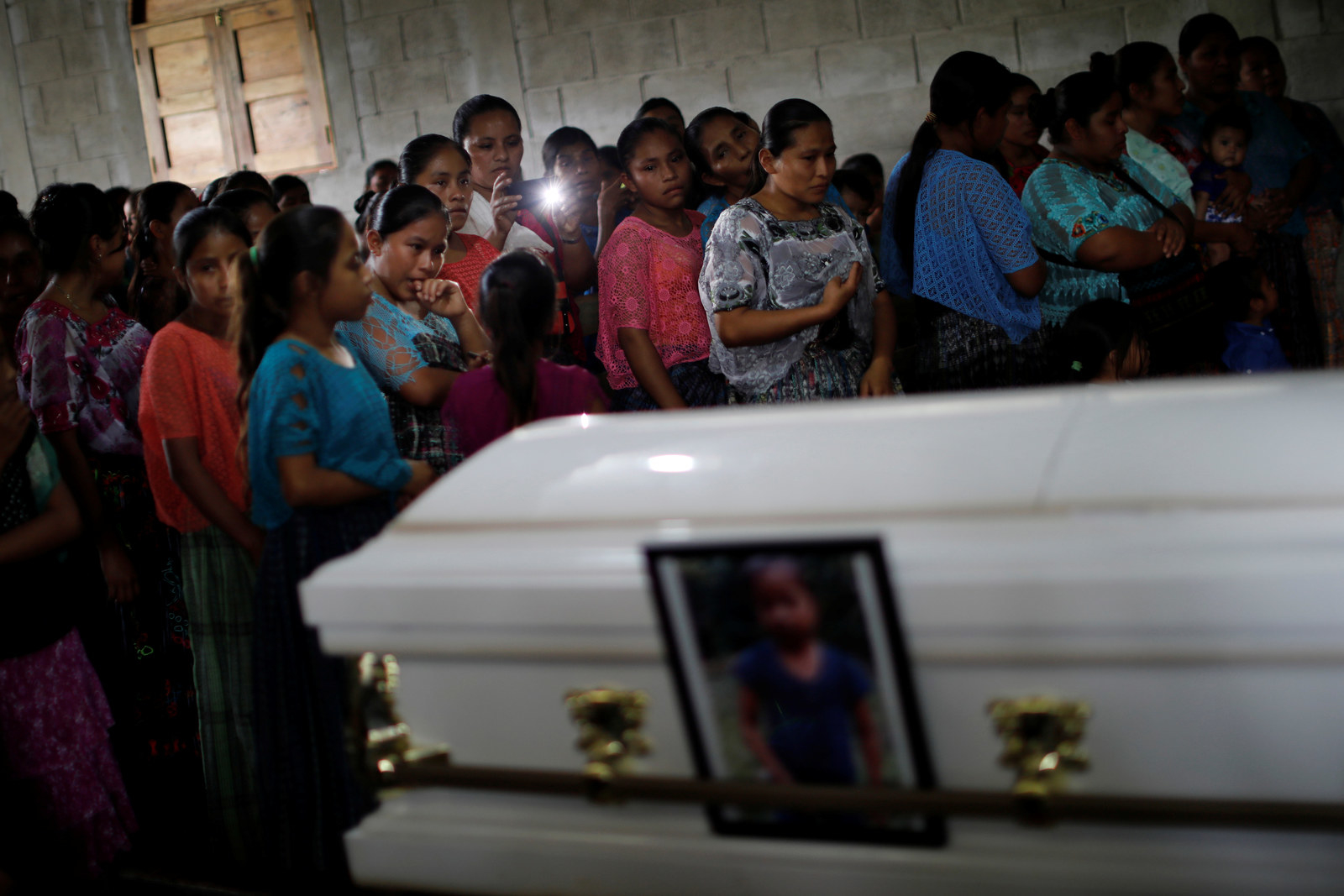
In her statement Wednesday, Nielsen blamed the situation on a dramatic increase in families making the long journey from Central America to the US–Mexico border. Migrant children, she added, are increasingly "harboring illness caused by their long and dangerous journey."
"This changing dynamic is the direct result of obvious draw factors: an immigration system that rewards parents for sending their children across the border alone, a system that prevents parents who bring their children on a dangerous and illegal journey from facing consequences for their actions, an asylum process that is not able to quickly help those who qualify for asylum, a system that encourages fraudulent claims, and a system that encourages bad actors to coach aliens into making frivolous claims," Nielsen said.
CBP did not respond to questions about how many children are currently in its custody; however, the agency processes thousands of parents and their children each month, putting pressure on detainment centers.
"Our stations are not built for that group that is crossing today," CBP Commissioner Kevin McAleenan said in an interview with CBS News, referring to the increase in families who are crossing the border.
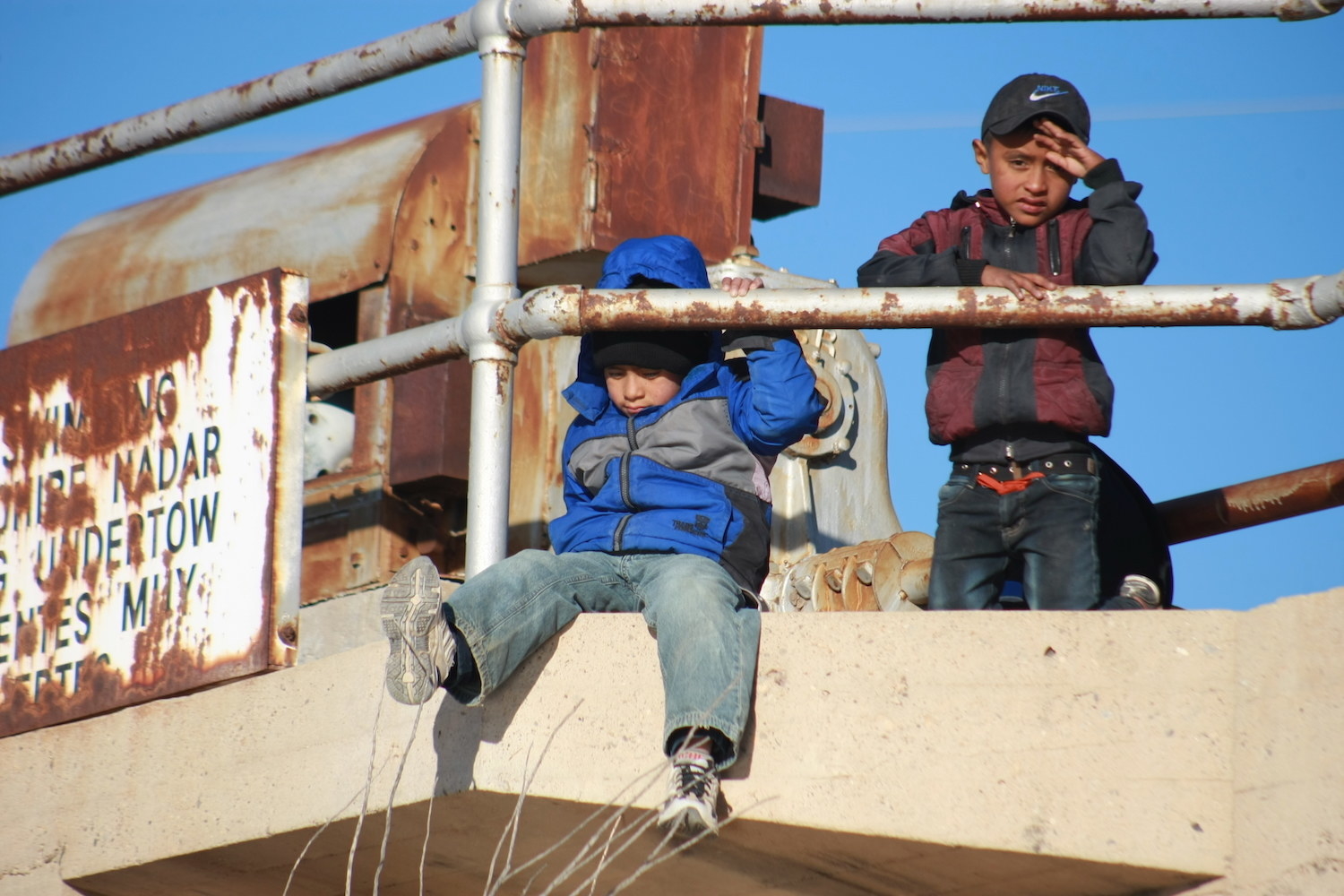
Earlier this month, McAleenan told Congress that the CBP system was not designed for the number of families arriving at the border.
"We need a different approach," McAleenan told CBS. "We need help from Congress. We need to budget for medical care and mental health care for children in our facilities."
Nielsen announced Wednesday that she had asked the CDC to investigate the uptick in sick migrant children and identify steps hospitals in the border region should be taking to treat them. The US Coast Guard Medical Corps will also assess CBP’s medical programs for improvements, she added.
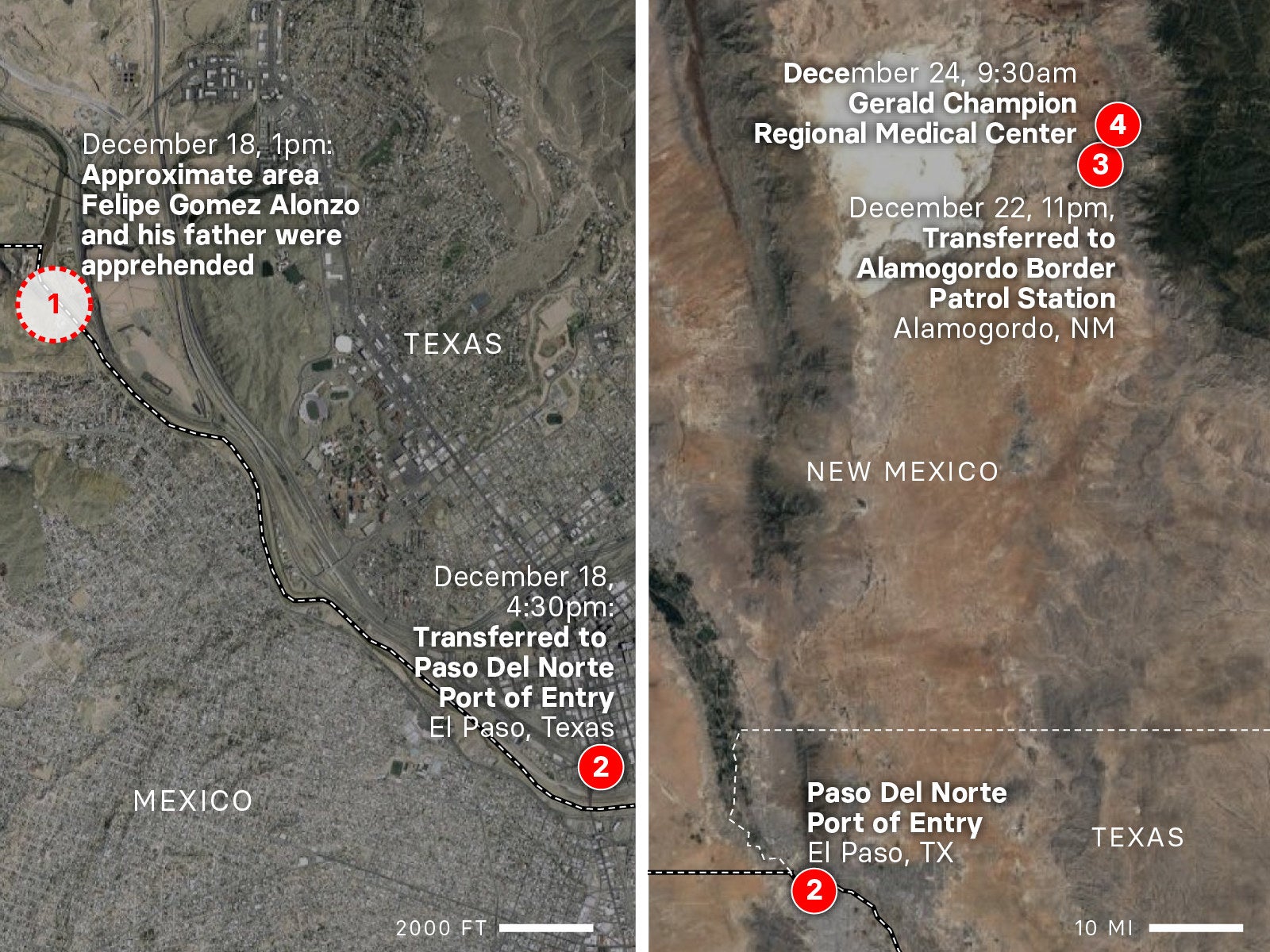
Also going forward, all children will receive a more "thorough, hands-on assessment" as soon as possible, "whether or not the accompanying adult has asked for one," Nielsen said.
Immigration advocates welcomed the changes but noted that they were only taking place after a second child died and as pressure from Congress ramped up.
"Unfortunately, it's sad for a second death to happen for them to even think that was necessary," Ruby Powers, an immigration lawyer based in Houston, said. "These people are at the mercy of CPB while they’re detained, and there should be a higher level of care maintained."
Members of the Congressional Hispanic Caucus on Wednesday were also harshly critical of the Trump administration’s slow response.
"I’m surprised more people haven’t gotten seriously ill or died,” given the conditions migrants are being held in, the group’s incoming chair, Democratic Rep. Joaquin Castro of Texas, told reporters.
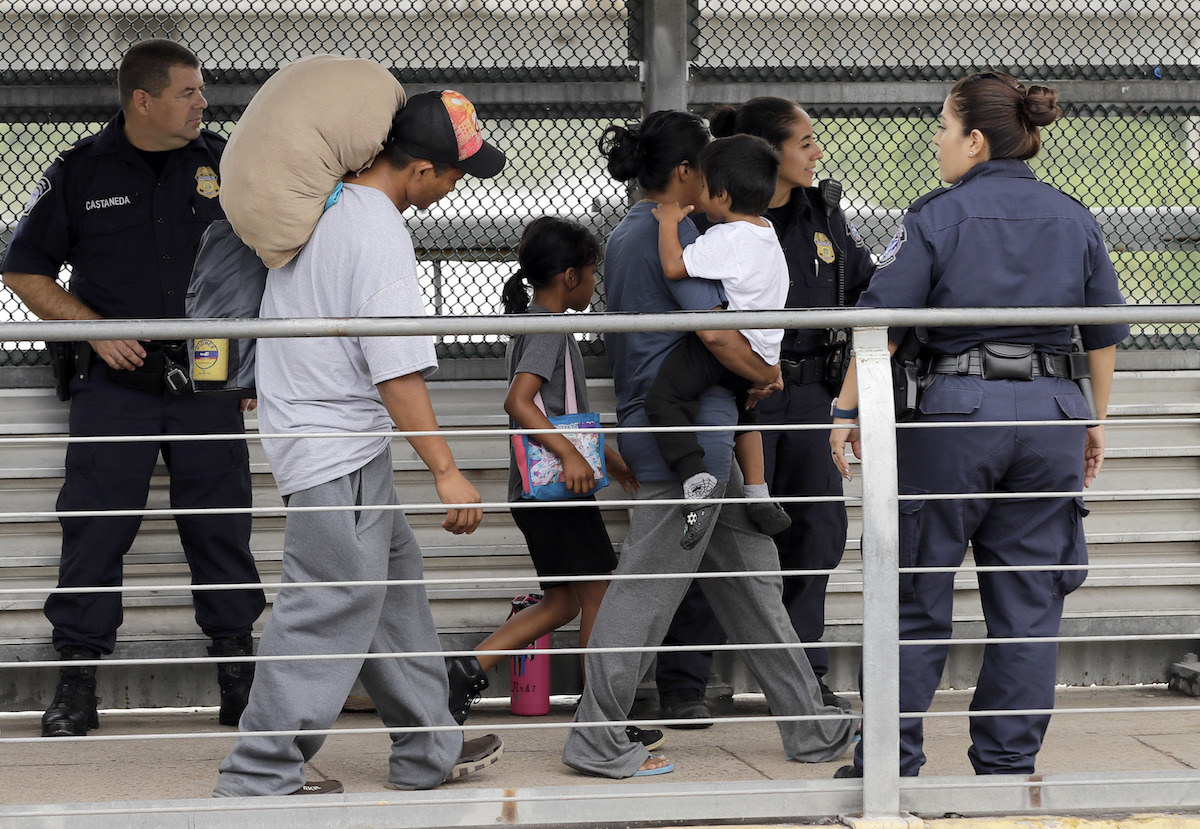
Castro blamed the deaths of the two children on the CBP and Trump administration, which he said has choked the ability of migrants to ask for asylum at official ports of entry. He also rejected Nielsen’s efforts to place blame on migrant parents.
“This is the migration America was built upon,” he said. “It’s a harsh argument to make, and I think an unfounded one, to blame the parents for trying to keep their kids safe.”
Dylan Corbett, executive director of Hope Border Institute, an immigration nonprofit working in the El Paso–Ciuadad Juarez region, said the recent release of hundreds of asylum-seekers also shows how the treatment issues are systemic.
"That the government is taking remedial action now after the death of two children to ensure that migrants and children are treated in a humane and fair way only proves that they could have done better in the first place," he said.


